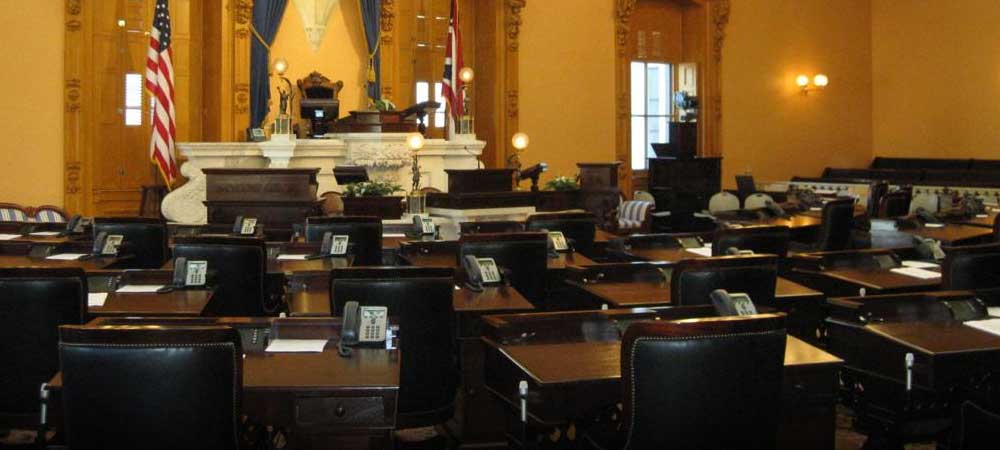- Ohio’s State Senate passed a bill to legalize sports betting and eBingo in the state.
- Sports betting would be legalized both online and in-person.
- The bill still needs to pass the House, and be signed by the Governor.
COLUMBUS, Ohio - The Ohio State Senate passed a bill to approve various forms of gambling in a state where gambling is unconstitutional.
The main focus of the bill is allowing sports betting, and regulating how sports betting is distributed throughout the state.
SB 176 passed with a vote tally of 30-2, indicating that it managed to get most of the Senate behind it.
Now, it goes to the House, where it will also need to pass. Ohio’s legislative session runs through December, so there’s plenty of time.
The bill would regulate sports betting in Ohio, including at the collegiate level, and provide a framework for sports betting kiosk distribution and licensing.
The bill allows up to 58 licenses for Class B sports betting entities - entities that are allowed to offer sports betting.
33 of these licenses are to be restricted to land-based sports betting outlets - brick and mortar casinos.
These 33 licenses will be spread around the state based on the population density in various areas - densely populated areas will get more licenses than those that are not. The other 25 licenses will go to online sports betting operators, who would be allowed to operate in the state under the law, should it pass.
The cost to apply for these licenses is $1 million, which demonstrates that they are aimed at big corporations, and that the state is interested in raising some money up front.
However, there are also potential licenses for smaller members of the gambling community, known in the bill as Class C licenses. These licenses are for businesses that have a liquor license, and they would allow the installation of sports betting kiosks.
These kiosks would allow customers of the business to place basic sports bets such as spread and over/under bets.
Class C licenses are much less onerous to apply for, requiring an application fee of $6,000.
The current bill limits the amount of kiosks per business at two.
Taxation in SB176 is fairly limited, as far as sports betting taxation goes. Under the bill, net revenue will be taxed at 10%.
The bill also legalizes electronic bingo, or eBingo, and requires that the state examine the game to make sure it is not merely a slot machine. EBingo certainly does bear some similarities to slot machines, in that it tends to be instant, and easily repeatable.
The results of the state’s investigation will determine whether or not the practice will be allowed in Ohio.
Overall, this is a move that could make it much easier to access various types of gambling in Ohio, both online and around the state.
